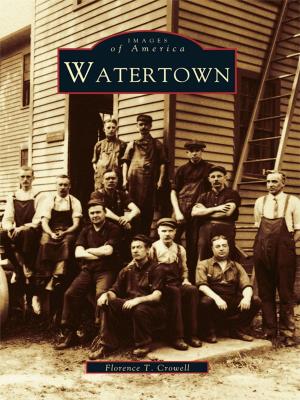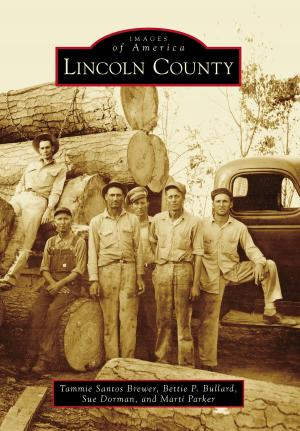Cucamonga Valley Wine
The Lost Empire of American Winemaking
Nonfiction, Art & Architecture, Photography, Pictorials, Travel, Food & Drink, Beverages, Wine & Spirits, Business & Finance, Industries & Professions, Industries| Author: | George M. Walker & John Peragine | ISBN: | 9781439662540 |
| Publisher: | Arcadia Publishing Inc. | Publication: | September 11, 2017 |
| Imprint: | The History Press | Language: | English |
| Author: | George M. Walker & John Peragine |
| ISBN: | 9781439662540 |
| Publisher: | Arcadia Publishing Inc. |
| Publication: | September 11, 2017 |
| Imprint: | The History Press |
| Language: | English |
The Cucamonga Valley was once America's largest wine-producing region, crafting quality vintages decades before Napa and Sonoma. Secondo Guasti, an ambitious and enterprising Italian immigrant, established the region's first vineyard in 1901, and others soon followed. Wineries like the Vai Brothers, Padre, Galleano, Brookside and more made the valley the epicenter of a burgeoning industry. Not even Prohibition could halt production. While domestic breweries and distilleries shuttered, Cucamonga's brandy and sherry continued to be legally made for culinary and medicinal purposes. Yet by the late 1970s, harvests had dwindled and vineyards vanished. Urbanization, vine disease and property taxes effectively ended production. Today, local vintners and wine enthusiasts are reviving the region's proud heritage. Authors George M. Walker and John Peragine uncork a legacy too delectable to die.
The Cucamonga Valley was once America's largest wine-producing region, crafting quality vintages decades before Napa and Sonoma. Secondo Guasti, an ambitious and enterprising Italian immigrant, established the region's first vineyard in 1901, and others soon followed. Wineries like the Vai Brothers, Padre, Galleano, Brookside and more made the valley the epicenter of a burgeoning industry. Not even Prohibition could halt production. While domestic breweries and distilleries shuttered, Cucamonga's brandy and sherry continued to be legally made for culinary and medicinal purposes. Yet by the late 1970s, harvests had dwindled and vineyards vanished. Urbanization, vine disease and property taxes effectively ended production. Today, local vintners and wine enthusiasts are reviving the region's proud heritage. Authors George M. Walker and John Peragine uncork a legacy too delectable to die.















